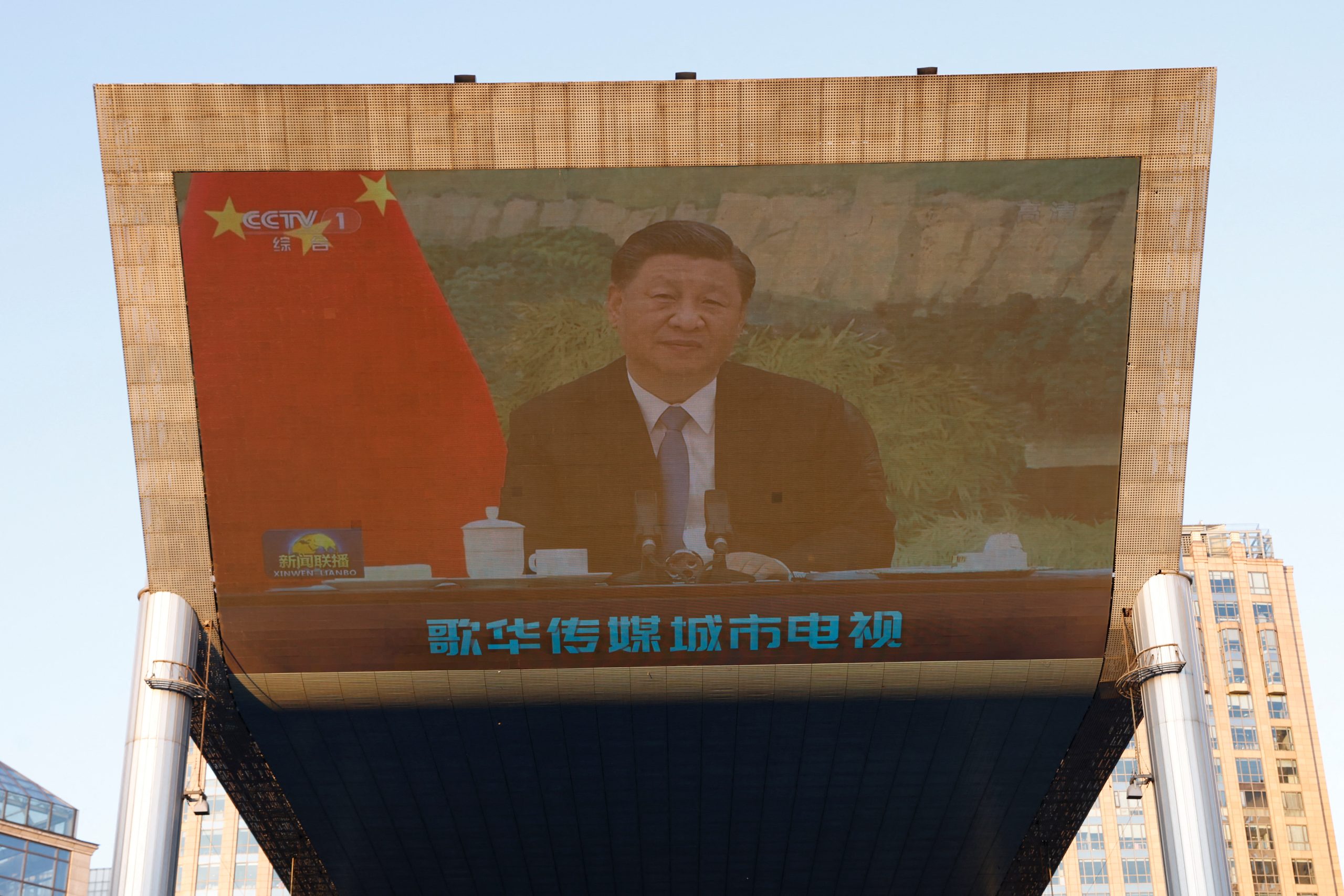
Ian Patrick, FISM News
[elfsight_social_share_buttons id=”1″]
The British Broadcasting Company (BBC) has unveiled more details of the harsh realities within the Xinjiang internment camps housing Uyghur minorities. The data comes from a swath of documents from a leaked source that journalists have dubbed the Xinjiang Police Files.
The documents are said to have been obtained by an anonymous source who “hacked, downloaded and decrypted the files from a number of police computer servers in the Xinjiang region.”
This source distributed the documents the Dr. Adrian Zenz, the scholar who distributed the first widely-shared document on the treatment of Uyghurs in the Xinjiang region. Zenz soon shared it with the BBC.
The BBC used the files to reconstruct an image of one of the camps, known as the Shufu County New Vocational Skills Education and Training Center. The BBC writes that the facility “holds 3,722 ‘students,’ guarded by more than 366 police officers.”
In fact, the police aren’t just stationed within but surround the entire camp. There is a front gate and multiple watchtowers containing police members with guns, some with machine guns and even sniper rifles.
Even the “students” in the so-called classrooms and exercise yards are watched over by police. These officers tend to “carry shields, batons and handcuffs.”
The leaked documents, which number in the tens of thousands, were mostly dated in 2017 and 2018 but contain protocols for the officers on how to guard the camp.
They contain “classified speeches by senior officials, thousands of images of Uyghur detainees, spreadsheets detailing their internment status, and the personal information of hundreds of police officers.” However, in what the BBC calls “the most significant document in this part of the dataset” is instructions on what to do with an escapee.
When the alarm is triggered, the papers say, the perimeter roads must be sealed off, the buildings locked down and the camp’s own armed police “strike group” sent in.
After a warning shot is fired, if the “student” continues to try to escape, the order is clear: shoot them dead.
The documents also state that any apprehended escapees should then be taken away “for interrogation,” while camp management should focus on “stabilizing other students’ thoughts and emotions” to ensure the school is “safe and stable.”
Other details are unveiled for certain special protocols, such as keeping transfers from other camps blindfolded in shackles and escorting a sick “student” away also in shackles.
In addition to this information, which is the most in-depth look inside one of these camps that has been received and reported on, there were also photos of those who were incarcerated within. The BBC writes that a good number of these photos “show evidence of a high degree of control with officers carrying batons visible in some of the images.”
A spreadsheet containing the information of some of the officers working at the Shufu center was also included. The BBC was able to call some of these officers and have them verify their names and roles within the system.
When confronted with the information, the Chinese Embassy in Washington DC released a statement calling the leak a “grave and complex counter-terrorism situation.”
“The local people are living a safe, happy and fulfilling life,” the statement continued while lamenting the “large amount of false information” being shared “on the Xinjiang issue.”
Information concerning Xinjiang has slowly trickled out of the region into the global sphere. The United States in January 2021 formally declared that China was committing genocide against the Uyghur population.
The Uyghur Tribunal – a non-governmental independent collective of legal experts, businesspeople, health experts, and academicians based in London – also said in December 2021 that China is committing genocide against the Uyghurs.
